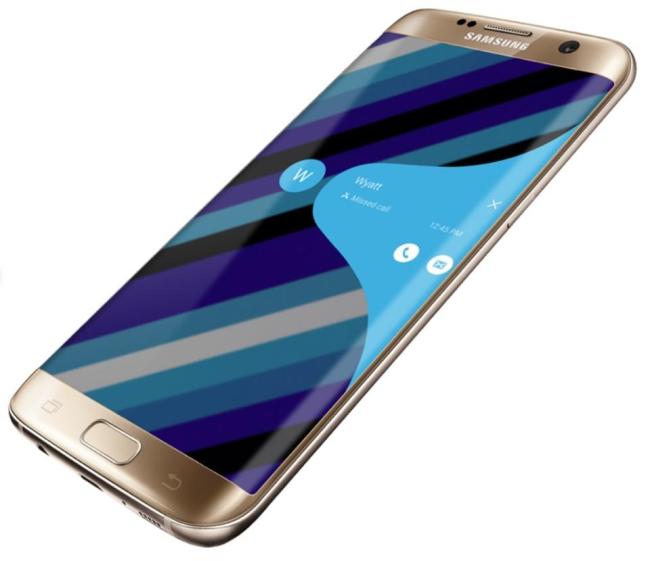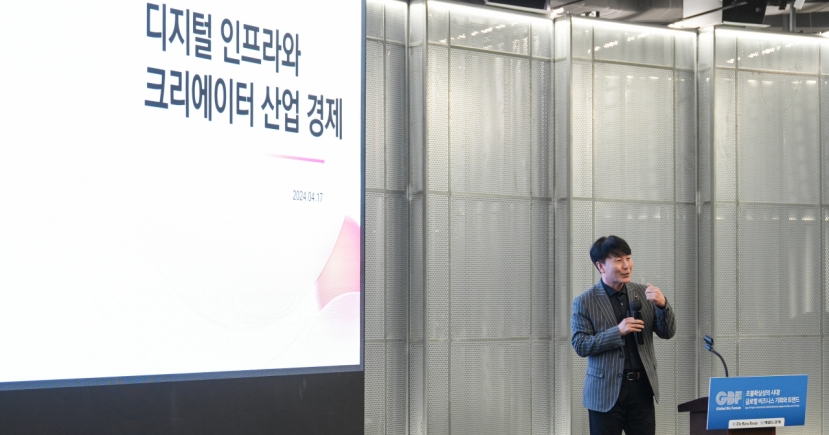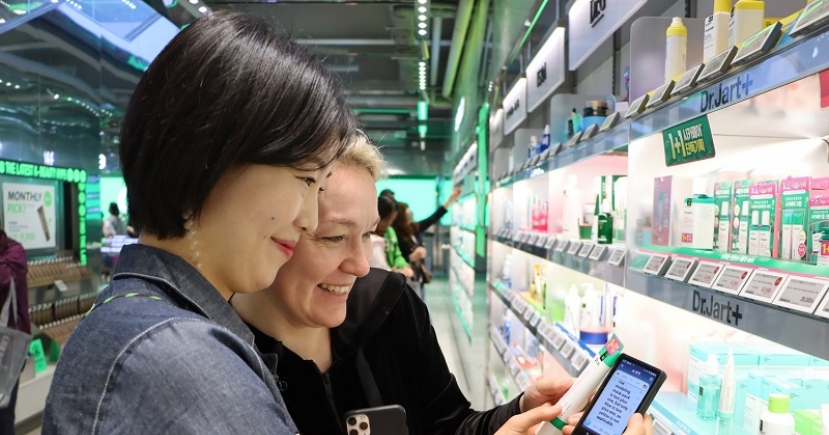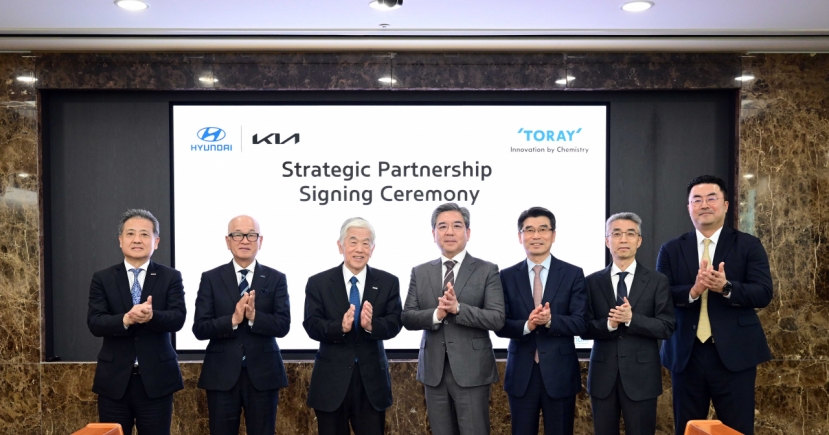Samsung
[QUALCOMM BREACH] Samsung unlikely to lower handset prices on reduced royalty payments
[THE INVESTOR] Contrary to growing expectations among Korean customers that Samsung Electronics might lower its handset prices after its chip supplier Qualcomm was hit with a record fine, industry watchers say price cuts are unlikely.
“As there is no substitute for Qualcomm chips, the chipmaker could seek to raise the supply prices of its chips and patents,” said Kim Dong-won, analyst at Hyundai Securities.
Others said that consequently, local phonemakers such as Samsung and its crosstown rival LG Electronics have no incentive to cut their handset prices.
On Dec.28, the Fair Trade Commission slapped a record 1.03 trillion won (US$853 million) fine on Qualcomm for abusing smartphone and chipmakers using its patents.
Following the ruling, Samsung and LG were expected to save an annual 1 trillion won in royalty payments. Other global tech giants such as Apple, Intel and Nvidia are also projected to benefit from the decision.
 |
The FTC said Qualcomm has forced smartphone makers to purchase patents, including some they don’t need, to elevate the supply prices.
The company has also charged as license fees about 3 to 5 percent of smartphone prices, instead of on the chipsets that are worth less than 10 percent of the actual device prices.
For example, Samsung pays Qualcomm 46,200 won for each sale of the 32-gigabyte Galaxy S7 Edge with a price tag of 924,000 won. If the FTC’s ruling is finalized in the coming months, the Korean tech giant will be required to pay the fees based on the chipset price at about 70,000 won to 100,000 won.
Qualcomm will be required to pay the fine within 60 days of the issuance of the written order that is expected to come out in four to six months. The fine could be adjusted or refunded later depending on the outcome of the company’s appeal.
By Kim Young-won (wone0102@heraldcorp.com)








